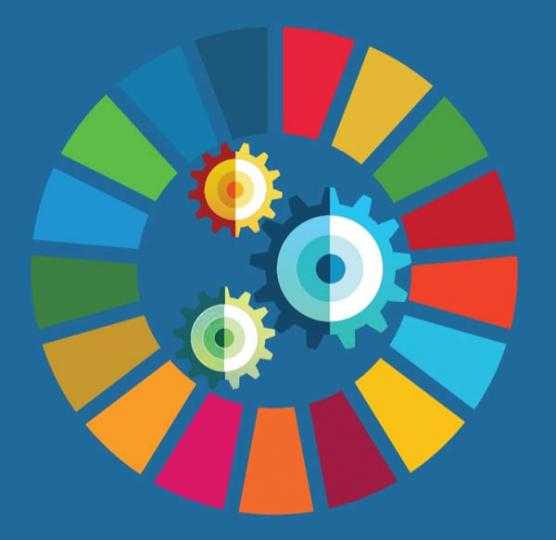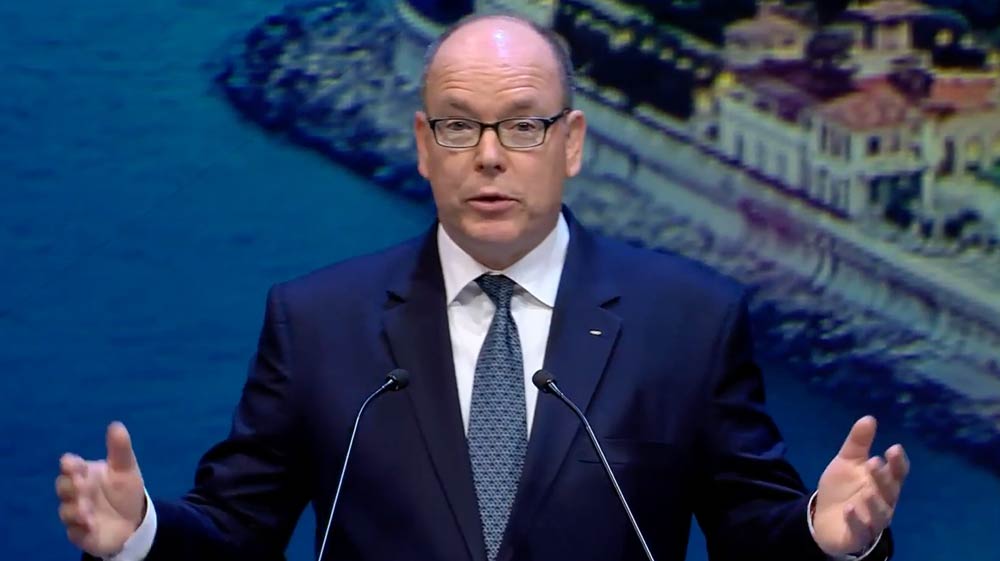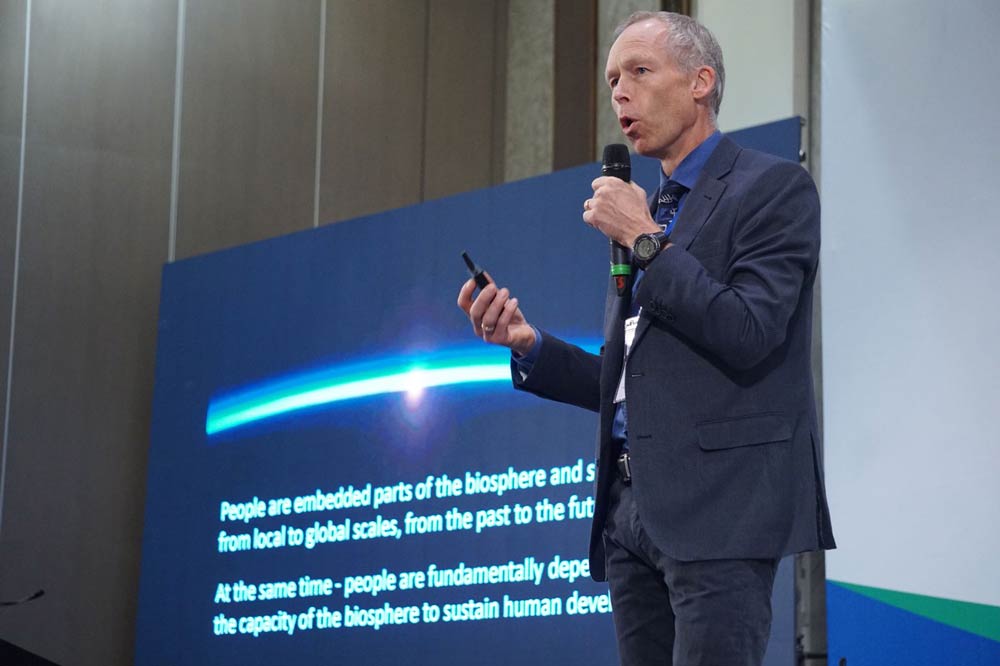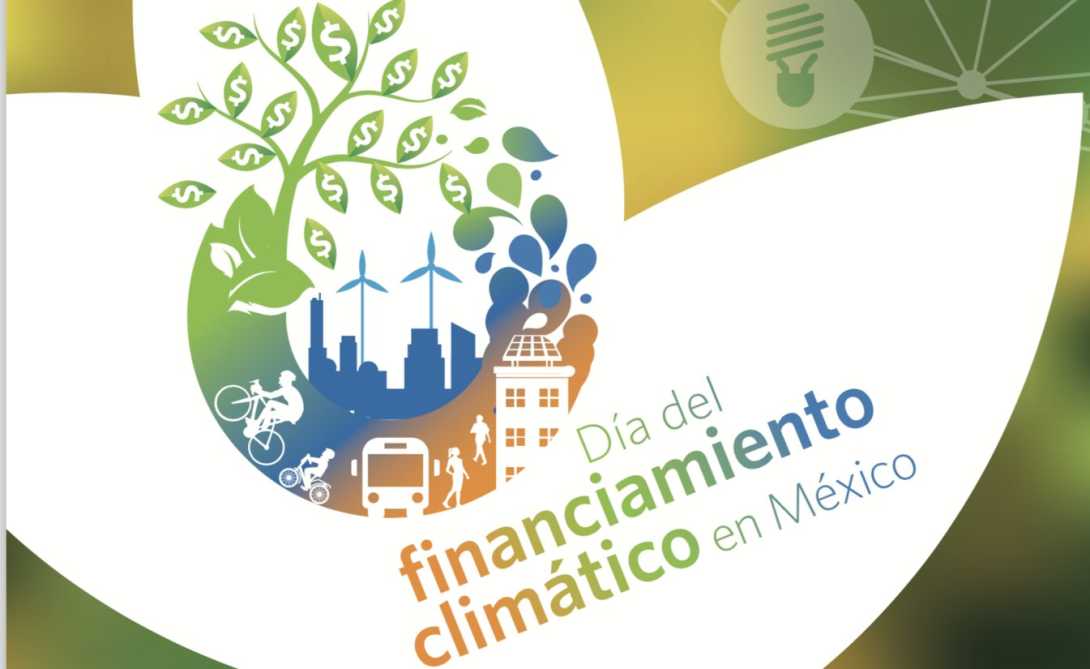
The “Climate Finance Day in Mexico” (September 18, 2018) is an event with two primary objectives. First, it aims to facilitate a space for multi-stakeholder dialogue so that people interested in mitigation and adaptation to climate change can share their experiences on allocation, access, management, and mobilization of finance to accelerate climate action in the country. Second, it looks to identify challenges and opportunities that can then be translated into a mobilization route that allows the country to implement actions to comply with the commitments that have been established at the national and international level in the matter.
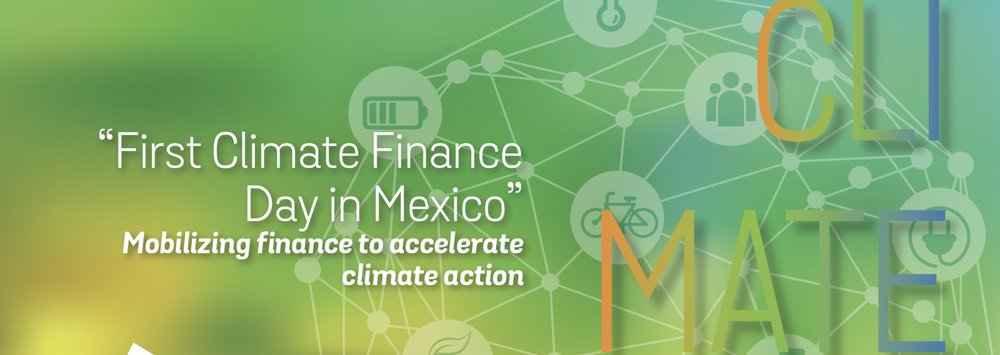
Context
At the international level, various multi-stakeholder dialogues have been held to accelerate climate action, such as the One Planet Summit convened by French President Emmanuel Macron, which seeks to promote collaboration to achieve the assurances of the Paris Agreement, of which Mexico is Signatory and member of the ratification.
Mexico is in the process of government transition, which represents an opportunity to strengthen climate action. Thus, this event aims to generate a dialogue between representatives of the current and future government, with other stakeholders also interested in the subject.
Several initiatives and actions involving the same subject are already taking place and generating different spaces for dialogue and exchange is necessary to achieve the country’s goals. In May and June, several multi-stakeholder dialogues were held to identify challenges and recommendations that various actors propose on mobilizing finance to address climate change. Such challenges and recommendations are the basis for the integration of the event’s agenda.
Thematic

 Strengthen public policies for the effective transition towards a low- carbon, climate-resilient economy;
Strengthen public policies for the effective transition towards a low- carbon, climate-resilient economy;

 Strengthen the sustainability vision of the financial sector;
Strengthen the sustainability vision of the financial sector;

 Scaling up the participation of the private sector in climate actions;
Scaling up the participation of the private sector in climate actions;

 Improve transparency to ensure the effectiveness of climate finance.
Improve transparency to ensure the effectiveness of climate finance.

 Mobilization of climate finance to achieve:
Mobilization of climate finance to achieve:
 The energy transition
The energy transition
 The sustainable mobility
The sustainable mobility
 The creation of sustainable cities
The creation of sustainable cities
 The conservation of nature and adaptation to climate change
The conservation of nature and adaptation to climate change



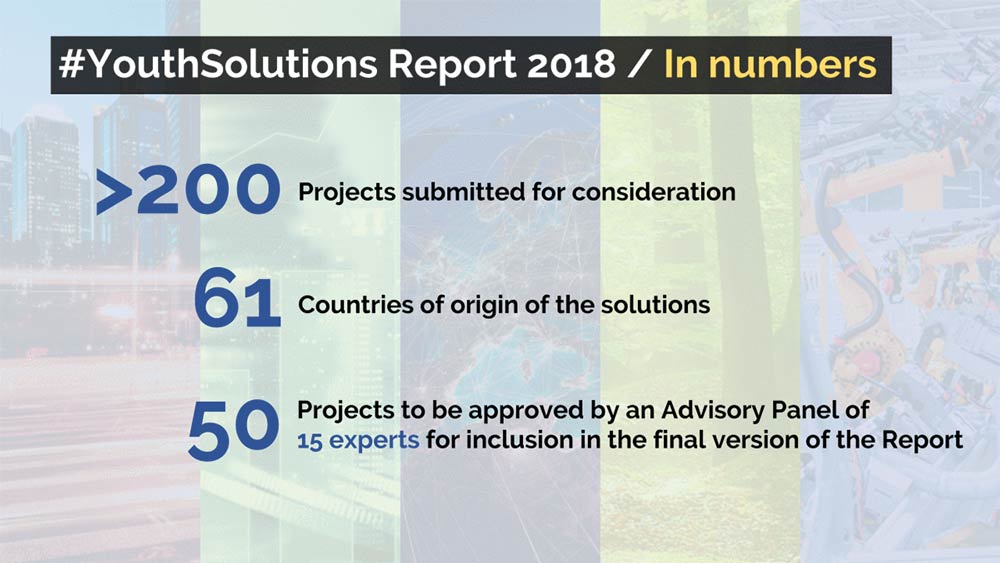





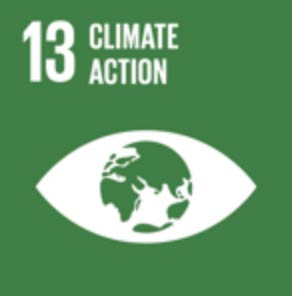

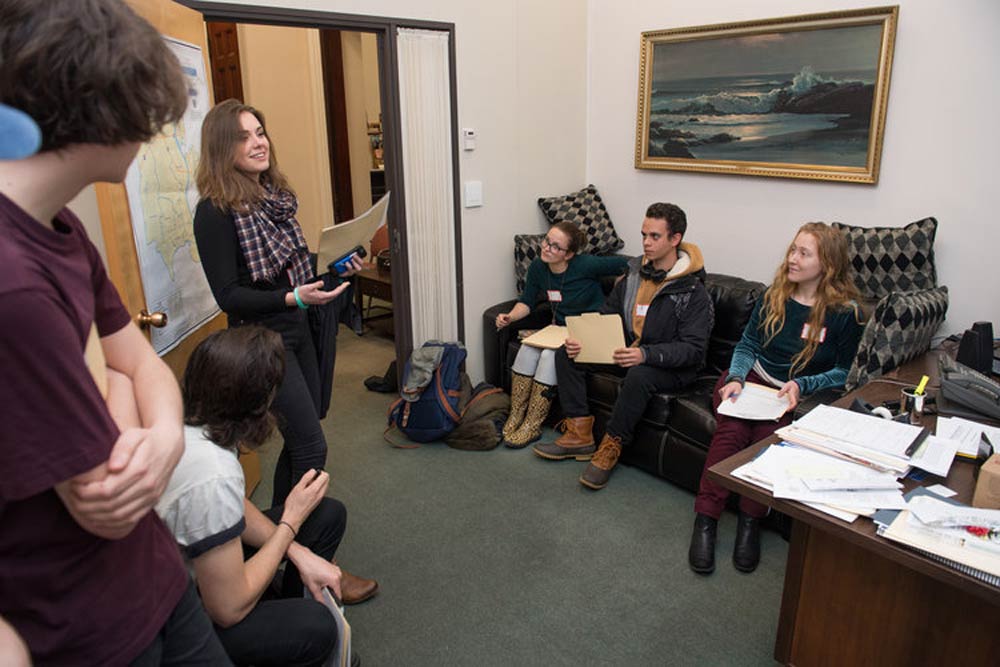

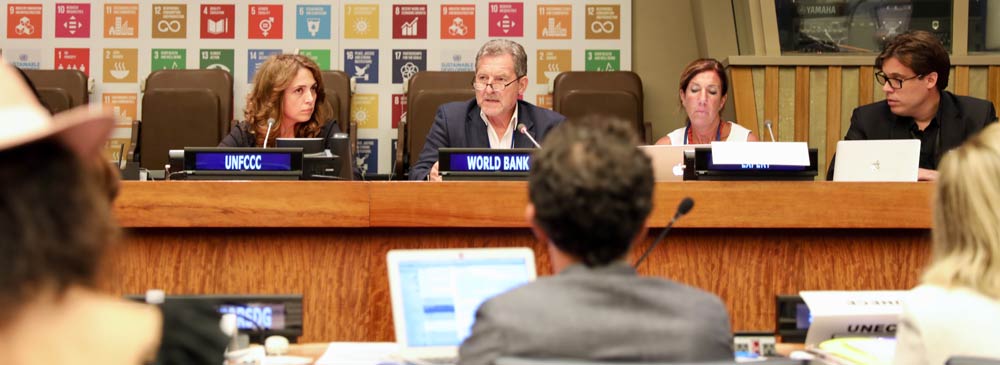
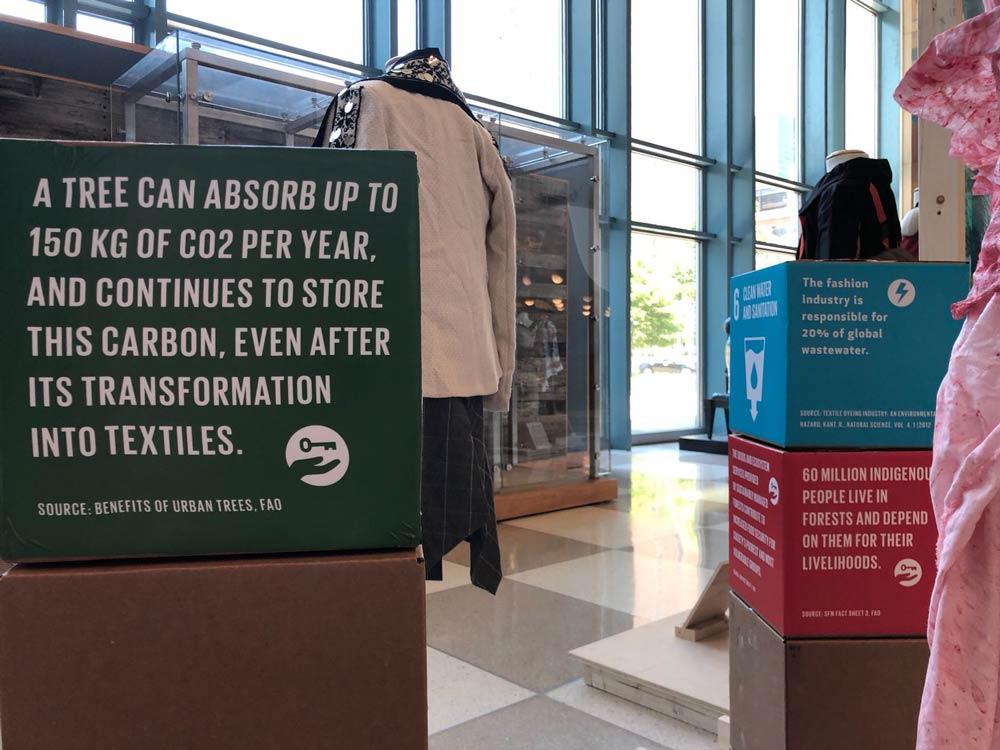
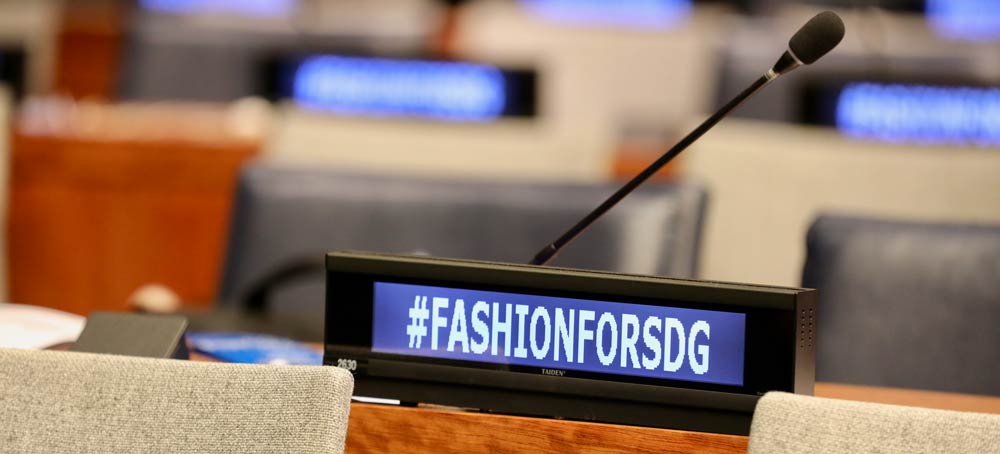
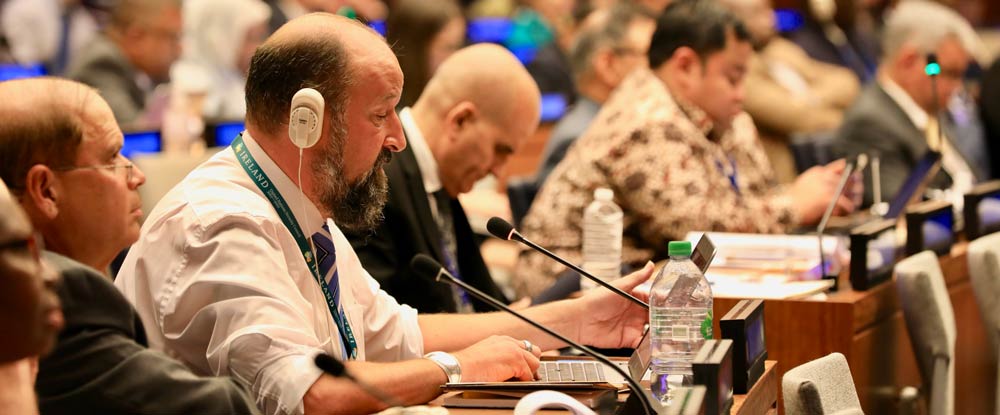
 July 10, 2018 - 1:15-2:30 PM (EDT) - Opening Remarks - Side event at High Level Political Forum, Conference Room 4
July 10, 2018 - 1:15-2:30 PM (EDT) - Opening Remarks - Side event at High Level Political Forum, Conference Room 4